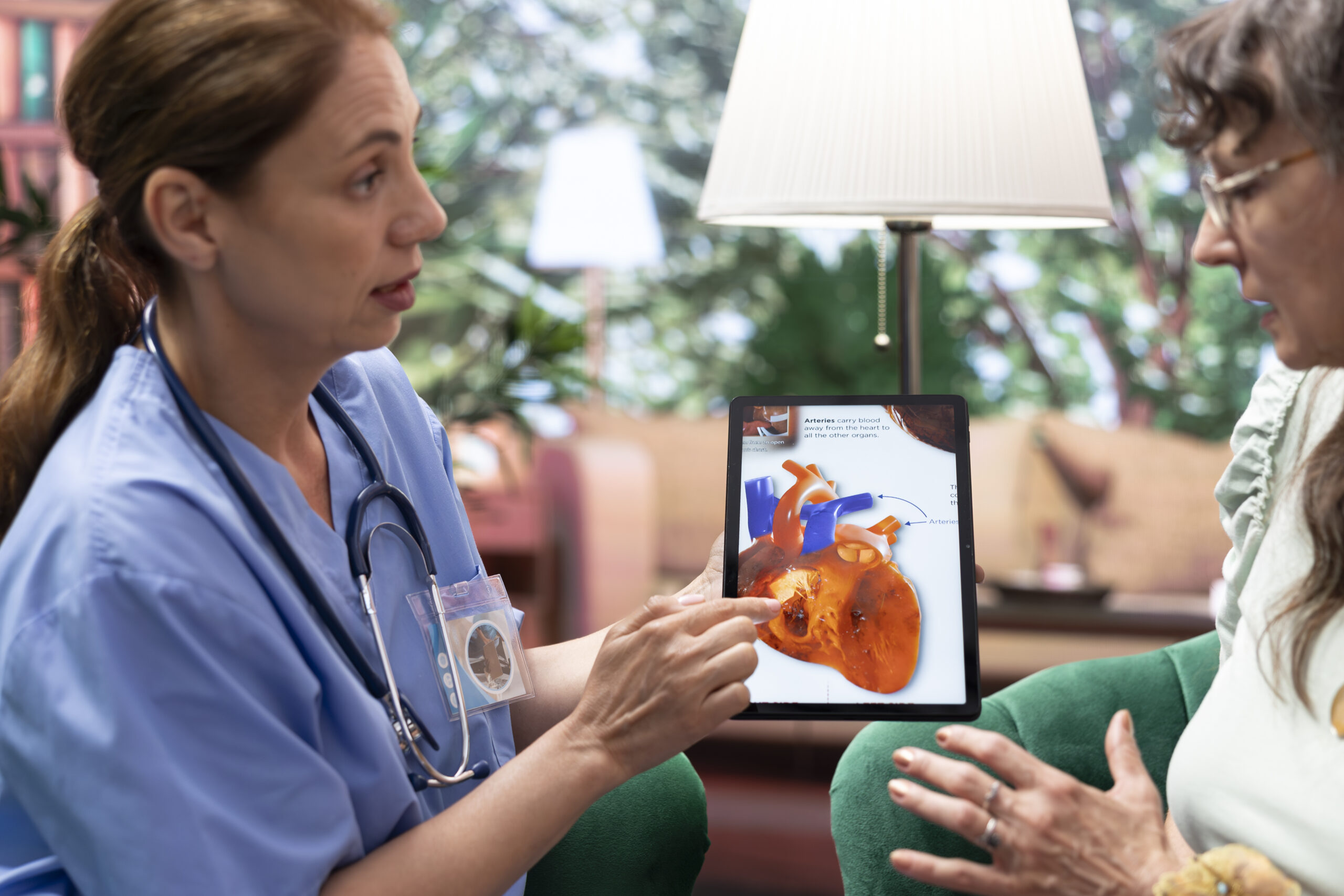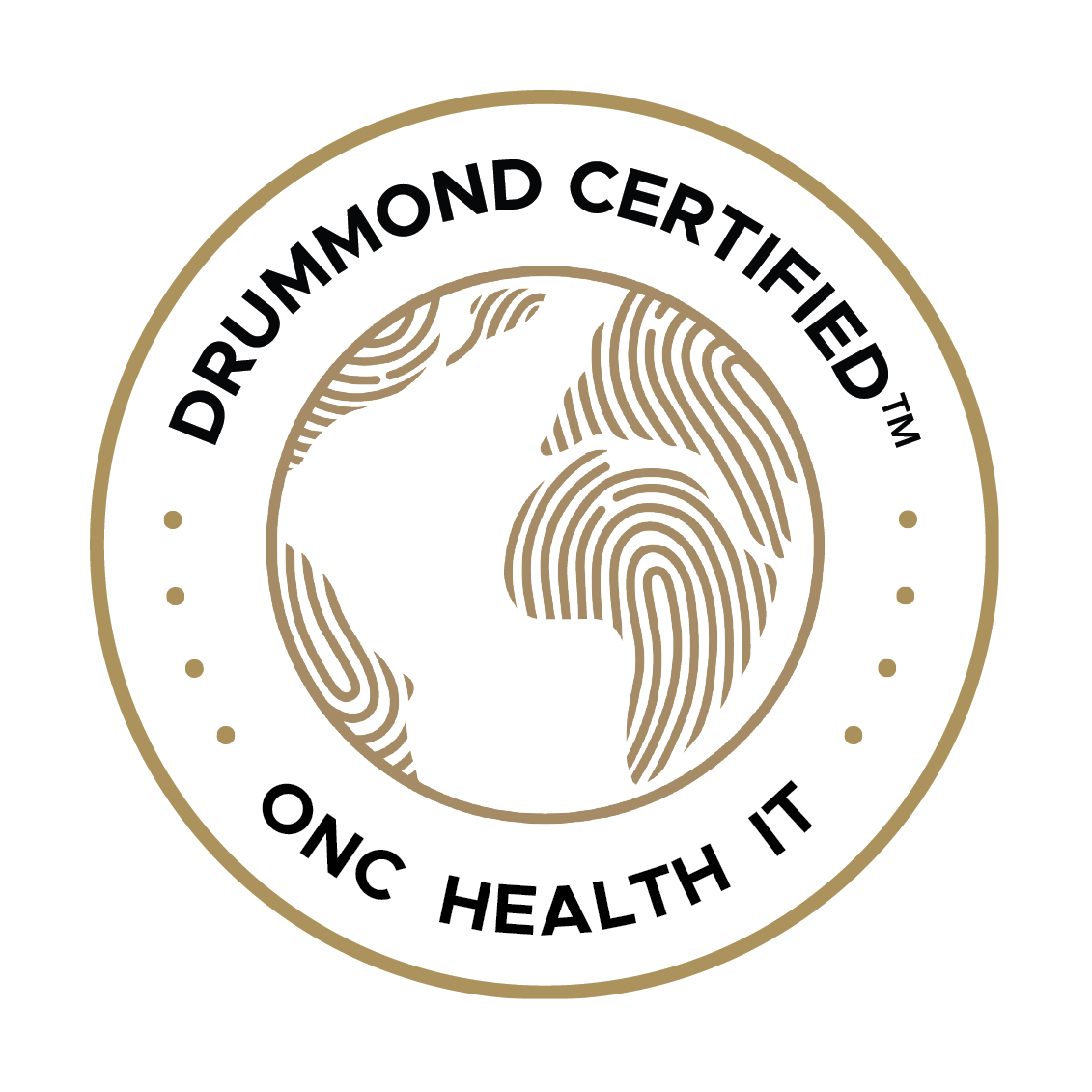Healthcare has changed. The focus shouldn’t be on how many patients you see or the procedures you perform; what truly matters are the outcomes.
Are your patients getting better? Are you coordinating their care? Are you helping them avoid complications and hospital visits? That’s the heart of the value-based care that has now become the standard.
For cardiologists, the role has evolved beyond just clinical duties. It now includes the necessity to track, document, and report the work you are already doing. This documentation is crucial as it influences how Medicare determines your payment, whether it will be increased, decreased, or remain the same.
This is where the Medicare Access and CHIP Reauthorization Act (MACRA) and the Merit-based Incentive Payment System (MIPS) become significant factors.
These acronyms are not mere government jargon; they are critical factors that directly influence the reimbursement your practice receives. Ignoring them can have a significant impact on your bottom line. If you hit the right benchmarks, you can earn more. Miss them, and you’re looking at a penalty that could cut Medicare payments by as much as 9%.
It’s a big deal. For a busy cardiology practice, managing this on top of patient care can feel overwhelming unless you have the right systems in place.
For busy cardiology teams, tracking and reporting these metrics can be time-consuming, but with a specialty EHR the path to compliance becomes clearer and more achievable.
Key MIPS Categories Your Practice Must Track
MIPS reporting is divided into four performance categories, each with its own benchmarks and documentation requirements.
The Quality Category
This category focuses on clinical outcomes. For cardiologists, this often means tracking measures related to heart failure management, cholesterol control, and atrial fibrillation treatment.
Because these are already part of your daily workflow, the right EHR can make it easy to record and report them accurately.
Promoting Interoperability
This category evaluates how well your practice can share information and engage patients digitally. This includes using tools like patient portals, secure messaging, and e-prescribing.
Improvement Activities
Improvement activities recognizes practices that exceed expectations by coordinating care, educating patients, or providing remote monitoring.
Many cardiologists are already doing these things, especially with the help of built-in care planning and education tools, such as those found in GEMMS ONE’s practice management module.
Cost
The cost category is calculated by CMS using Medicare claims data. Although it cannot be directly reported, your day-to-day decisions, such as minimizing unnecessary tests and reducing hospital readmissions, can have a significant impact on your score.
How GEMMS ONE EHR Supports MIPS & MACRA Compliance
Unlike generic systems, GEMMS ONE EHR is purpose-built for cardiology.
Its workflows, reports, and tools are aligned with the daily realities of your specialty, making MIPS and MACRA compliance more intuitive and less burdensome.
1. Automated Quality Measure Capture
GEMMS ONE seamlessly captures quality measures within your existing clinical workflows. For example, blood pressure monitoring, medication adherence, and hospital follow-up care are automatically tracked as you document patient visits.
This real-time data collection eliminates the need for manual data entry, resulting in faster and more accurate reporting.
2. Seamless Interoperability and Reporting
Built-in interoperability tools make it easy to exchange data, generate reports, and submit directly to CMS.
The system includes registry integration, performance scoring dashboards, and direct export capabilities—all designed to help you stay on top of your compliance goals with minimal disruption to your team.
3. Cardiology-Specific Improvement Activities
GEMMS ONE comes preloaded with templates for CMS-recognized improvement activities, from patient education to remote device monitoring and post-discharge care coordination.
These tools not only support compliance—they also enhance patient outcomes and engagement, which ultimately benefits your practice overall.
4. Advanced Analytics and Dashboards
The platform includes real-time dashboards that display your current MIPS scoring and highlight any gaps.
With the ability to generate custom reports, you can continuously monitor progress, adjust workflows, and meet submission deadlines without the last-minute scramble.
What Happens If You Don't Comply?
Failing to meet MIPS compliance standards can result in significant financial penalties, reduced Medicare reimbursements, and missed opportunities for performance-based incentives.
More importantly, practices without strong compliance tools may find themselves at a competitive disadvantage as peers using systems like GEMMS ONE gain greater efficiency and visibility into their clinical and financial performance.
Tips for Cardiologists to Improve Their MIPS Scores
Staying compliant requires intention, but it doesn’t have to be overwhelming.
Start by assigning a MIPS champion, someone in your practice who tracks updates, coordinates reporting tasks, and ensures deadlines are met.
Regularly checking your EHR’s dashboards (weekly or monthly) helps you stay aware of your current performance metrics and quickly address any gaps that may arise.
Staff training is another key area. Ensuring your team understands how to use documentation tools effectively from implementation means cleaner records and fewer reporting errors.
Internal audits before submission deadlines can also help you identify areas of improvement and avoid costly mistakes.
For more guidance on optimizing your technology, learn how to transition from a generic EHR to a cardiology-specific platform.
Stay Ahead of MACRA and MIPS Compliance in Cardiology with GEMMS ONE
MIPS and MACRA don’t have to feel like a constant uphill battle. The truth is, when you’ve got the right tools in place, staying compliant becomes a whole lot easier, and a lot less stressful.
That’s exactly what GEMMS ONE was built for. This isn’t just another EHR. It’s a cardiology-specific platform designed to work the way your practice works, helping you stay on top of both patient care and compliance without adding hours to your day.
Whether your goal is to maximize incentive payments, avoid those frustrating penalties, or just take the headache out of data tracking and reporting, GEMMS ONE is built to support you every step of the way. You’ll spend less time digging through reports and more time focused on what really matters, your patients.
Are you ready to see how much easier MIPS and MACRA compliance can be? Schedule a demo today and let’s show you how GEMMS ONE can help your cardiology team work smarter, not harder.












